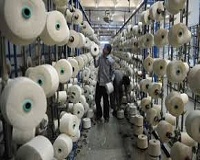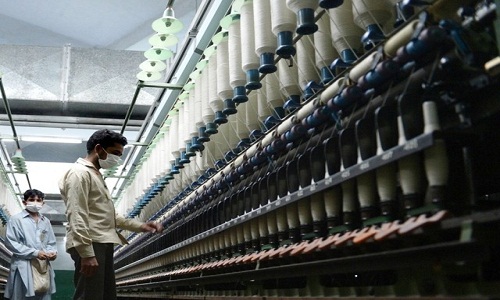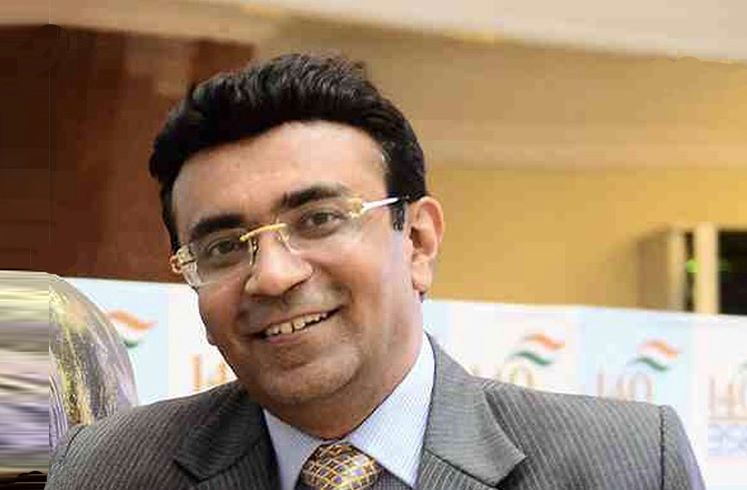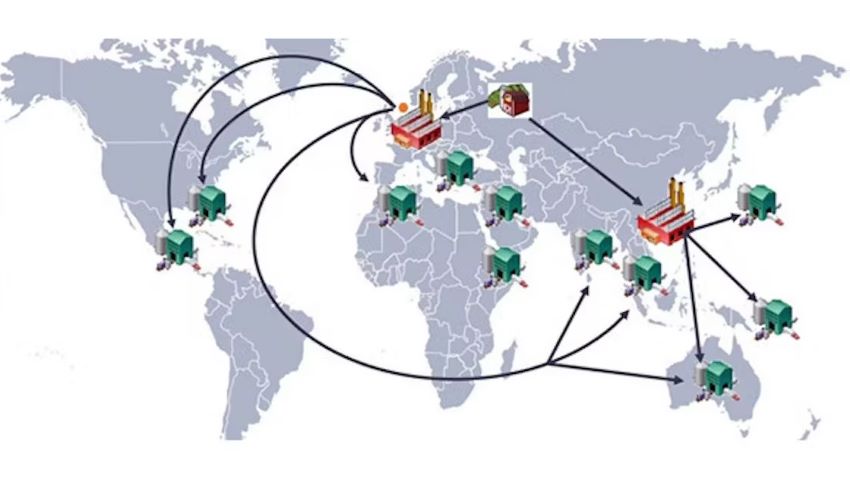"The Pakistan textile industry is facing tough times. Textile funds over Rs 200 billion ($US 1.56 billion), in the form of export rebate, sales tax refunds, etc, are stuck with the government. This is compelling industry to buy electricity and gas at an expensive rate compared to other countries in the region. Even water has to be procured through the tanker mafia. Despite all these hurdles, Pakistan’s exports have marked increase this year; the credit goes solely to exporters. Last year the government had announced a package of Rs 180 billion($US 1.40 billion) out of this, only Rs 25-30 billion($US 0.19-0.20 billion) was released. The earlier governments did not consider releasing the stuck up money. If released, this may bring more dollars through higher exports."
 The Pakistan textile industry is facing tough times. Textile funds over Rs 200 billion ($US 1.56 billion), in the form of export rebate, sales tax refunds, etc, are stuck with the government. This is compelling industry to buy electricity and gas at an expensive rate compared to other countries in the region. Even water has to be procured through the tanker mafia. Despite all these hurdles, Pakistan’s exports have marked increase this year; the credit goes solely to exporters.
The Pakistan textile industry is facing tough times. Textile funds over Rs 200 billion ($US 1.56 billion), in the form of export rebate, sales tax refunds, etc, are stuck with the government. This is compelling industry to buy electricity and gas at an expensive rate compared to other countries in the region. Even water has to be procured through the tanker mafia. Despite all these hurdles, Pakistan’s exports have marked increase this year; the credit goes solely to exporters.
Erroneous policies
Last year the government had announced a package of Rs 180 billion($US 1.40 billion) out of this, only Rs 25-30 billion($US 0.19-0.20 billion) was released. The earlier governments did not consider releasing the stuck up money. If released, this may bring more dollars through higher exports.
The decision of the finance ministry to devalue the local currency further hurt profits of local exporters and 20 per cent depreciation in rupee made import of raw material more expensive. Exporters say, devaluation of the local currency by the government encourages foreign buyers to demand a share of this devaluation leaving nothing for exporters.
of raw material more expensive. Exporters say, devaluation of the local currency by the government encourages foreign buyers to demand a share of this devaluation leaving nothing for exporters.
Profits on rupee depreciation
Despite the furore from the textile industry, analyst Shanker Talreja of Topline Securities observes profitability of textile sector increased 10 per cent in the current fiscal, while financial cost of companies declared in the quarterly result was 30 per cent. Major profit of textile companies occurred from the depreciation of the Pak rupee.
Declining investments
With potential investors hesitant to make new investments due to rising business costs, Pakistan’s textile industry has experienced decreasing investments over the last decade. Due to this, the sector has missed out on many technological advantages to competitors.
New investments dropped to more than half a billion rupees($US 390 million) in 2016-17, compared to Rs 1 billion($US 780 million) in 2005-06. Further, about 35 per cent of the textile industry’s production capacity was damaged, causing loss of approximately $4.14 billion worth of potential exports.
According to Pakistan Bureau of Statistics, while textile sector performed poorly, the exports of readymade garments registered a 13 percent year-on-year growth in July-May 2017-18, which stood at $2.346 billion in 2017-18
Corrective measures proposed
APTMA members proposed a long list of corrective and conducive policy measures to the government in return for their investments, including implementation of long-term policies, like consistent nationwide energy prices, removal of Rs 3.50 (3 cents) per kilowatt-hour surcharge on electricity tariff, an extension of the duty drawback scheme for five years and drawbacks to be increased every year by 1 percent for garments (up to 12 percent) and made-ups (up to 10 percent) against realisation of export proceeds.
The proposal also recommends long-term financing facility (LTFF) to indirect exports, Islamic financing and building of infrastructure for garment plants, a decrease in the electricity tariff in line with regional players, timely release of pending refunds, continuation of the drawback duties and reduction/elimination of the customs duties on import of synthetic yarn and Polyester Staple Fiber (PSF). It remains to be seen how many of these are actually implemented.












